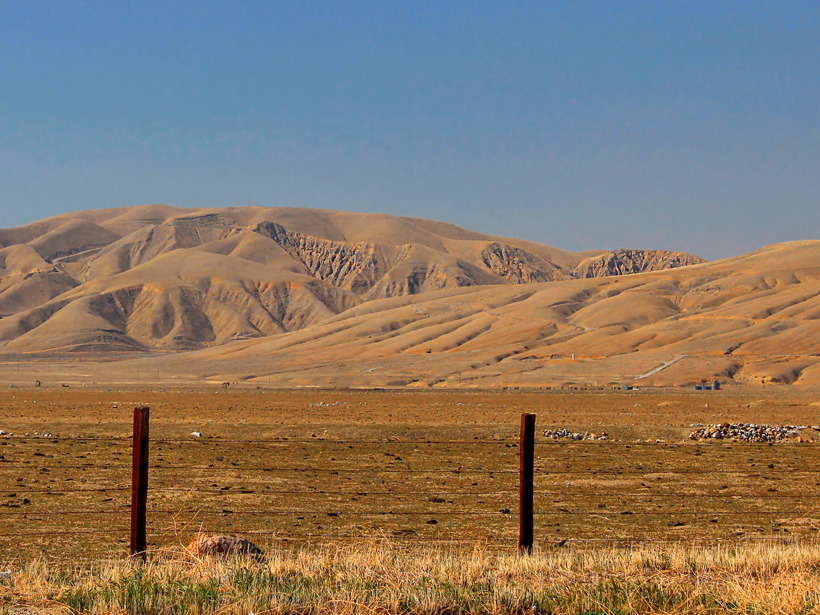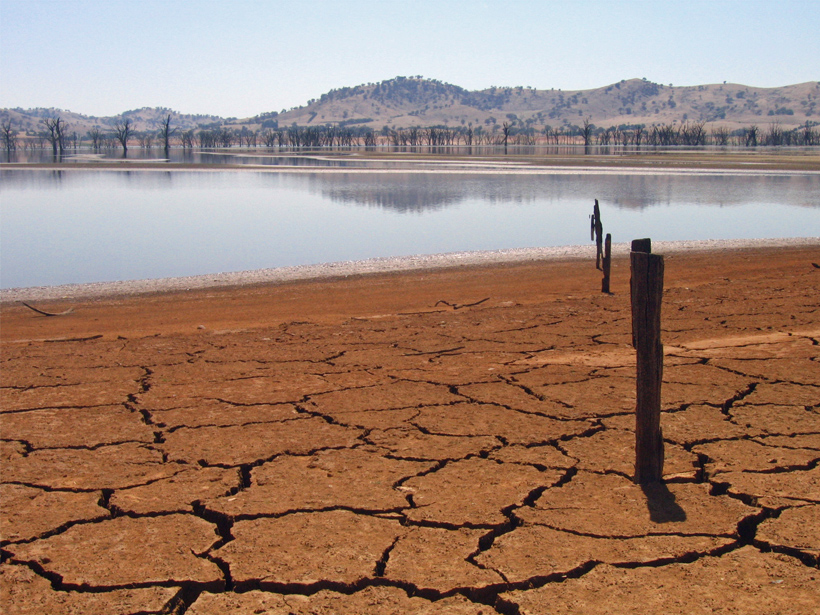Researchers take a retrospective look to see if precipitation and flooding due to El Niño could have been predicted a priori.
Water Resources Research
Reimagining a Fatal Flood
Researchers use high-resolution simulations to reexamine the rainfall events that led to one of the most destructive floods in U.S. history.
Estimating Evaporation
A new framework provides scientists with a more precise understanding of potential evaporation from drying land surfaces.
Bark Beetles Cause Big Tree Die-Offs, but Streams Flow Steadily
Recent beetle epidemics have driven tree die-offs across North America, and previous studies predicted an increase in annual streamflow would follow—but a new study shows this may not be the case.
Predicting Changing Human Preferences in Water Basin Management
A model of human-water interactions in Florida's Kissimmee River Basin demonstrates the potential for sociohydrologic models to assist with strategic water management decisions.
California Is the Driest It's Been in 2000 Years
Scientists reconstruct the paleohydrology of Tulare Lake to unravel the region's long-term drought history.
Details of Gas Flow in Wetland Plant Roots Unearthed
Scientists track the flow of trace gases through wetland root systems to understand the role of plants in biogenic gas fluxes.
New Model Improves Predictions of Shallow Landslides
An advanced, process-based model that incorporates typically neglected processes provides new insight into the complex dynamics controlling shallow landslide formation.
Soil Texture Determines How Groundwater and Rain Impact Crops
Scientists model water table depth, soil texture, and weather conditions to identify how these variables interact to make or break corn yields.
The Coming Blue Revolution
Managing water scarcity, one of the most pressing challenges society faces today, will require a novel conceptual framework to understand our place in the hydrologic cycle.








